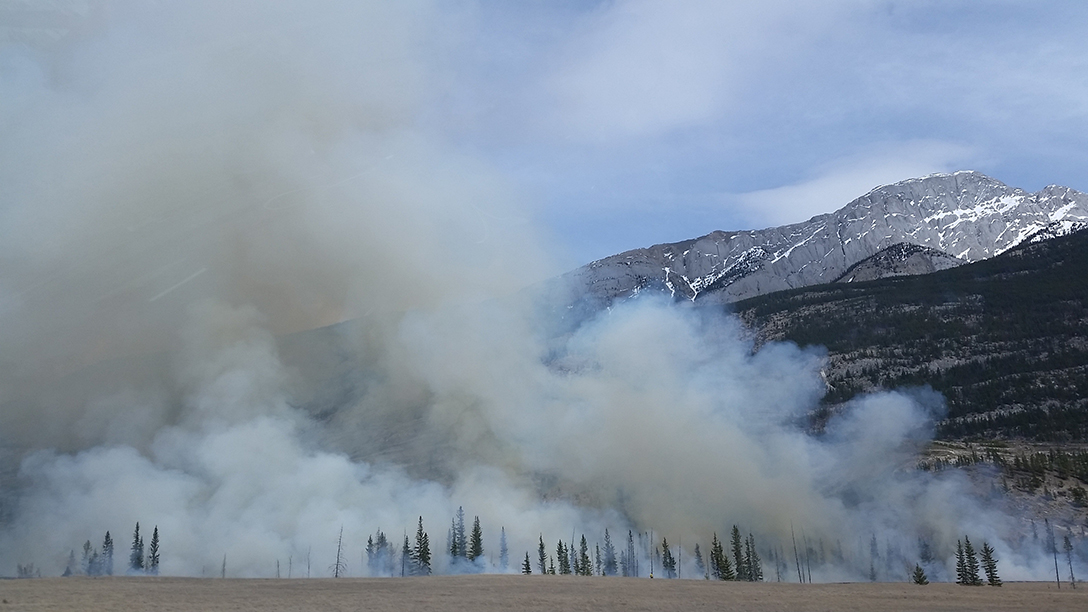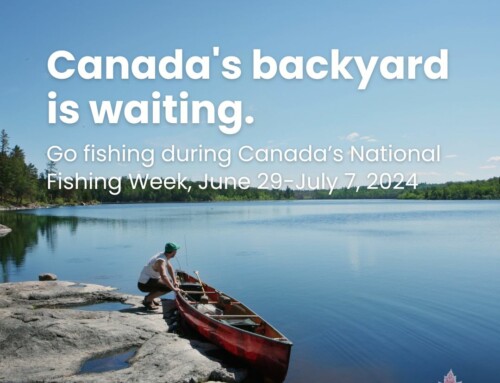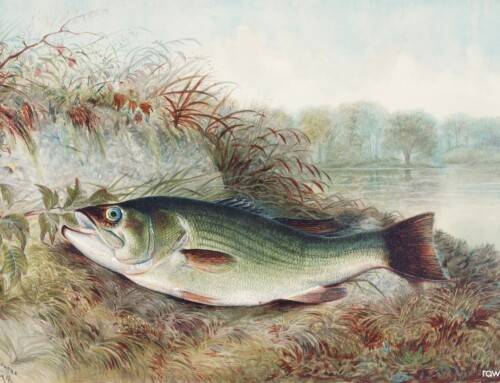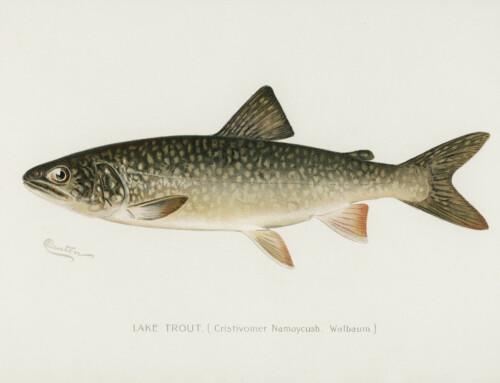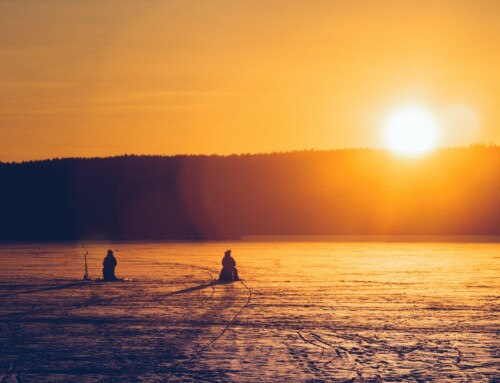Wildfires have been ravaging large parts of British Columbia for several weeks now. An evolving list of fires in the region can be found on the B.C. Government website. A quick glance shows just how widespread and disastrous the situation is. It will take years for communities and wildlife to recover.
While the immediate destruction mostly effects ecosystems on land, we thought it would be a good idea to look into if (and how) this destruction could have short and long-term impacts on aquatic wildlife and the ecosystems they’re a part of. Do wildfires negatively impact fish? And if so, how?
Sediment and Temperature Changes
Wildfires are not new phenomena. While many are the result of human error, approximately 60% of B.C.’s fires are the result of lighting. Like lightning, there are many other “pulse disturbances” which impact wildlife. These can be things like droughts, floods, and erosion.
The issue with wildfires is that their intensity can instigate and inflate these pulse disturbances. As trees burn and fall, increased sediment erodes into nearby bodies of water. This new waste material fills in spaces where fish would lay eggs and can, in some cases, damage their gills. Migration routes can also be blocked or altered. The immediate response is a reduction in fish populations.
Another significant issue is temperature change. Fish which have fairly precise habitat requirements, like trout, are most at risk. When plants which shade cold-water streams are destroyed, the overall water temperature rises. Even just a few degrees can have an impact on metabolic and reproductive rates of the fish living there.
Toxicity and Pollution
An issue we found less information on is the effect of pollutants and toxins directly related to wildfires. One article by environmental journalist Steven Leahy suggests that it is reasonable to suspect that the toxins released by burnt organic and inorganic materials are now in the ash, which is redistributed throughout the ecosystem. As well, immediate rainfall would transfer these toxins into waterways.
Natural by-products of fire include nitrogen, phosphorous and potassium. While these nutrients are beneficial to the food base of most fish (like plankton and algae), in excess they can create algae blooms which in turn deprive the water of light and oxygen. This would obviously have a negative impact on the health of fish and other aquatic life.
Finally, our efforts to control wildfires add another element of toxicity to the mix. Fire retardants containing water-soluble ammonium salts, industrial strength fertiliser, and dyes are needed to halt the progress of a fire and protect communities and wildlife. However, it has been suggested that ammonium phosphate can be harmful to many types of fish.
Long-term Results
The good news is that according to our research, most aquasystems return to a new equilibrium fairly quickly. While it may take decades for some fish populations to return to pre-fire levels, in the long-run fish production becomes even higher than before.
Recovery depends on an intact ecosystem, specifically in the areas peripheral to the damage. What does this mean for us as anglers? We need to do our best to maintain the lakes, rivers and streams we fish, and adhere to the rules and regulations provided by our provincial governments while using our natural resources. This includes paying attention to and obeying fire bans.
Keep Canada Fishing is the national voice of Canada’s anglers, and we lead the effort to preserve your right to sustainably fish on our lakes, oceans, rivers and streams. By informing anglers of current and potential issues and threats affecting recreational fishing and access to public waters, our goal is to motivate anglers to take action on matters of importance to the future of fishing and conservation. We’re also your voice on Parliament Hill. If you would like to contribute to our efforts to “Keep Canada Fishing,” you can donate now via PayPal.

